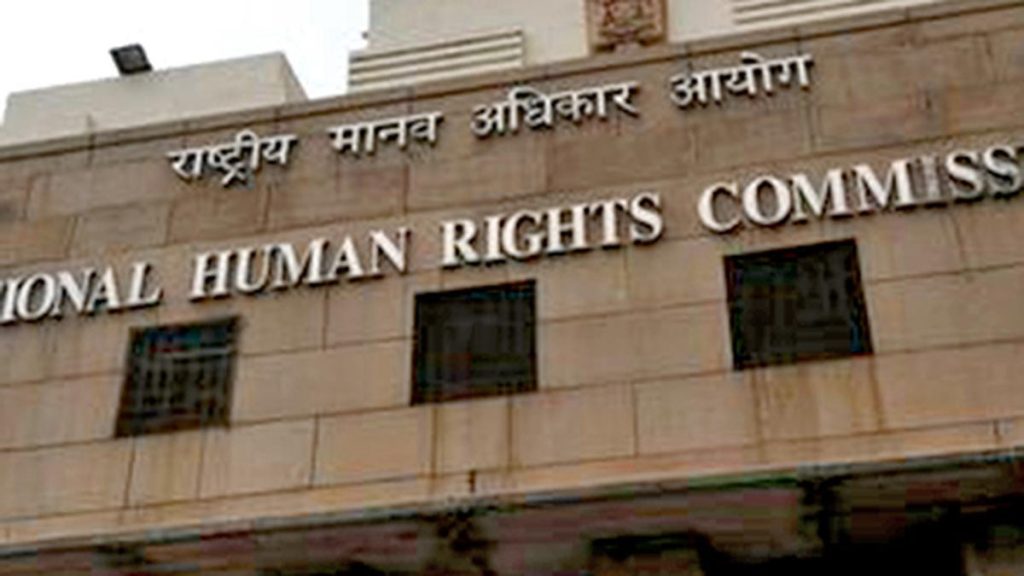Now Reading: Evacuation Deadline Missed for Chander Kunj Residents
-
01
Evacuation Deadline Missed for Chander Kunj Residents
Evacuation Deadline Missed for Chander Kunj Residents
quick Summary:
- Chander Kunj Army Apartments Deadline missed: The evacuation deadline of August 31 for residents in Chander kunj Army twin towers will not be met. This delay is due to the Army Welfare Housing Organisation (AWHO) failing to pay advance rent to apartment owners, which was agreed upon.
- Kerala High Court Intervention: A Division Bench of the Kerala High Court directed AWHO to deposit six months’ rent into an escrow account by September 3, following petitions filed by apartment owners. Rent payments are subject to periodic increases as per court directives.
- Rent Discrepancies: Initially proposed rents of ₹21,000 and ₹23,000 were raised by a Single Bench ruling in February 2023 to ₹30,000 and ₹35,000 for flats in towers B and C. The amounts remain lower than estimates from a rent committee led by the District Collector.
- District Administration Steps In: The District Disaster Management Authority postponed evacuation from August 31 after occupants refused to vacate without receiving advance rent payments for one year. Previously displaced tenants reported unpaid rents despite promises from AWHO last year.
- Tentative Timeline Established: A four-phase plan sets demolition dates on November 9, 2025, with reconstruction delivering new apartments by October 31, 2029.
Indian Opinion Analysis:
The situation involving Chander Kunj Army Apartments highlights critical issues around procedural delays and disputes between stakeholders like apartment owners and authorities such as the AWHO. Legal intervention has attempted resolution through escrow protections for tenants’ rights but structural inadequacies persist due to missed commitments from governing agencies.
Delays in evacuation threaten not only immediate housing stability but also pose risks for long-term demolition and reconstruction schedules. If unresolved promptly-specifically through timely financial disbursal-affected residents face prolonged uncertainty over housing fairness while administrative bodies risk losing credibility.The broader implication reflects India’s growing need for robust governance frameworks surrounding urban redevelopment projects-an area where obvious execution strategies coupled with judicial oversight may provide essential safeguards.
For more details: The Hindu.

























